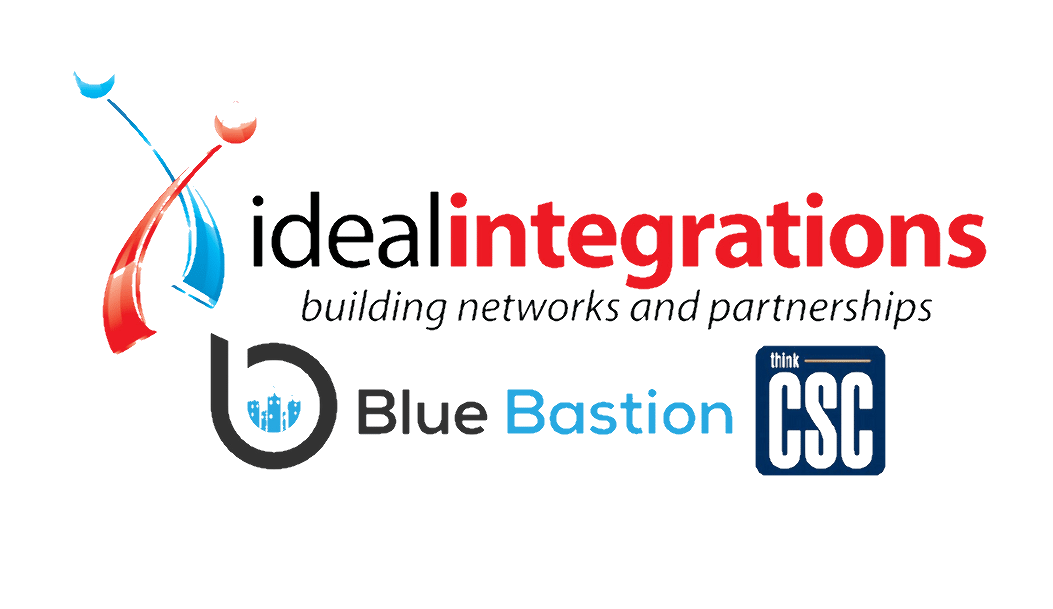For most organizations, preventing, detecting, and overcoming cyber threats will become a necessary factor in every business function. With billions of devices connecting to and sending data through the cloud, viable artificial intelligence becoming a reality, and businesses relying on APIs to deliver better customer experiences, security will take a front seat in every business decision. Here’s a look ahead:
Internet of Everything
By 2020, it’s predicted that there will be billions of devices, appliances, cars, and other objects connected to the internet, speeding data around the world at a rapid pace. This phenomenon is referred to as the Internet of Things, or IoT. No industry will be left untouched by IoT, from agriculture and healthcare to manufacturing and government. Gartner estimates that there will be 25 billion of these smart devices – smart cars, smoke detectors, thermostats, industrial robots, traffic lights, medical devices (many implanted), public transportation, and refrigerators – communicating personal data to and through the cloud. Everything we do, from stopping at the store on the way home from work, to managing our health, will be facilitated by IoT. For businesses that will be developing or selling smart devices, the most critical component of the process will be maintaining the highest possible level of security to protect the data that will be continuously transmitting back and forth. This means not only developing products with built-in security but also ensuring that the gateways that connect the devices are equally secure.
Artificial Intelligence
Artificial intelligence, or AI, is the development of machines and robots with the humanlike capability of making decisions and handling tasks typically performed by humans. While advancements in AI have been occurring for the past few decades, it’s never been more ubiquitous. Scientists predict that artificial intelligence will not only make the world safer, by providing robots that can act as first responders during crises, but that the ability of humanized computers to learn more quickly how to save us from climate change, poverty, and other global challenges will increase exponentially. AI will likely even improve the lives and longevity of humans, as implants and other medical uses of AI become more prevalent. As with IoT, AI must be developed with the idea of security in mind. We don’t need a team of robots who can be hacked and controlled by cyber criminals. At the same time, artificial intelligence may take center stage in improving cyber security.
API Management
According to Forrester Research, companies will spend more than $3 billion on API development by 2020. An API – application program interface – allows your customers to access specific data or interface with specific components of your website. A doctor’s office might use an API to allow patients to schedule appointments online; a social media company might use APIs to access Twitter to generate monthly reports. All of this back-channel communication is crucial to delivering the best experience to your customers, regardless of industry, but it also highlights the importance of implementing serious, multi-layer security and detection to protect your organization and your data.
An Ongoing War on Cyber Threats
For most organizations, preventing, detecting, and overcoming cyber threats will become a necessary factor in every business function, and IoT, AI, and APIs will only make security more necessary. Yet even without these technological developments, the security of every organization is continually threatened. From email security to the physical security of structures, cyber threats are a growing risk. It will continue to be an ongoing battle, in which new security protocols are developed and cyber criminals become more sophisticated in their ability to circumnavigate these safeguards. The human element – employee training, limited access, strict and enforced policies – will play an essential role in the success or failure of these efforts.
At thinkCSC, we believe that in order to achieve maximum success, regardless of the size or type of organization, you must make IT an integral part of your overall business strategy and partner with IT professionals who not only understand how to leverage technology to your advantage but who are also committed to understanding your business goals and aligning your IT strategy to them. We pride ourselves on having the best business-savvy technical experts in the industry. If you would like to learn how to create an IT security strategy aligned with your organizational goals, contact thinkCSC for more information.


